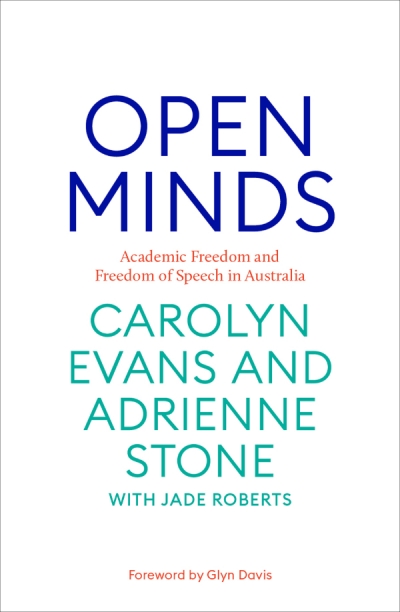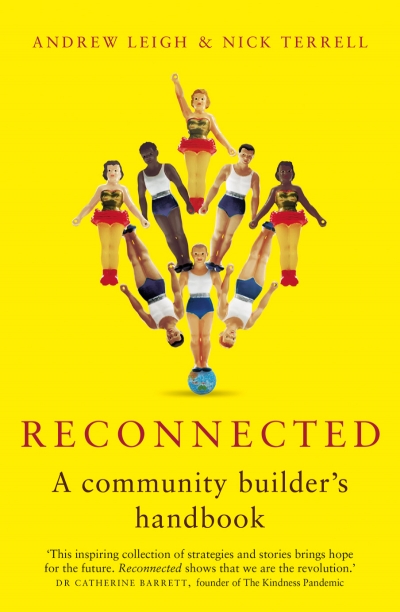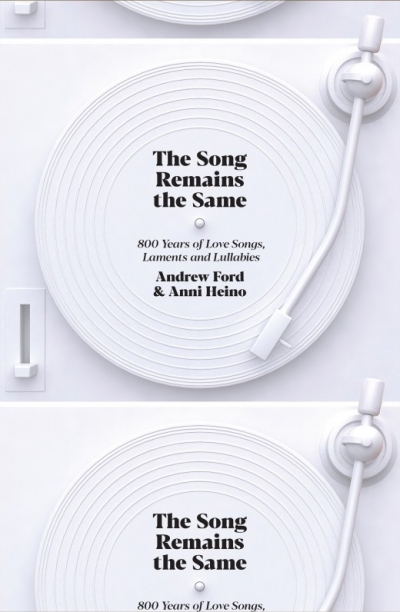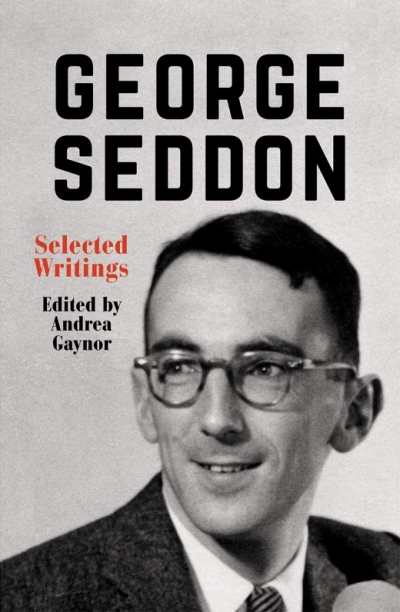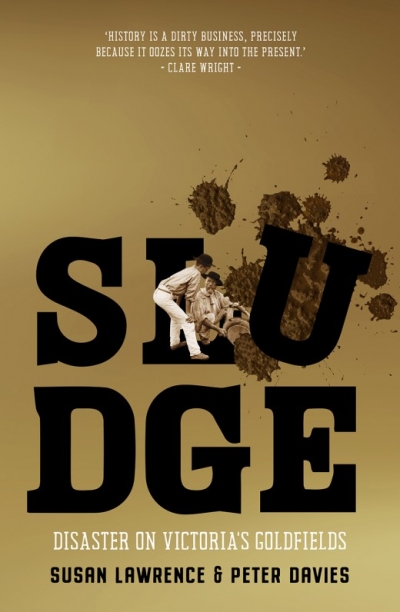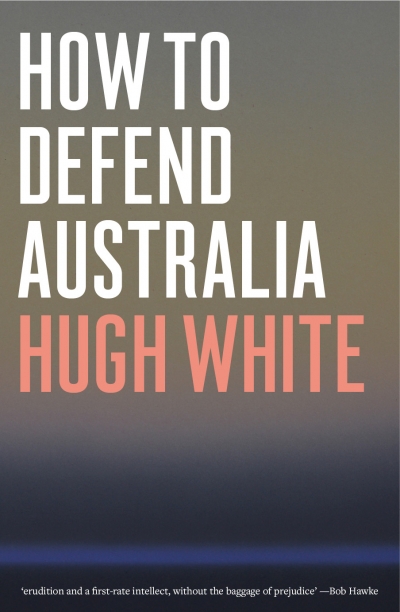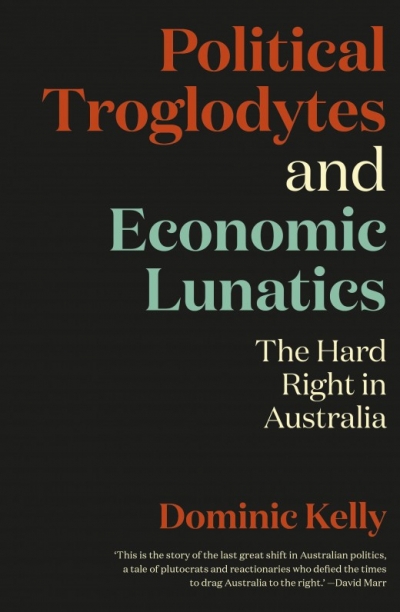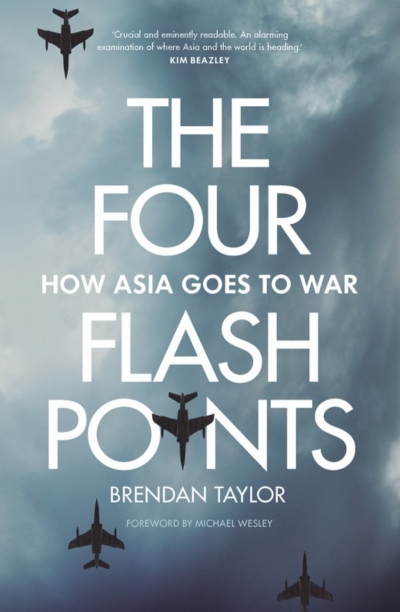La Trobe University Press
Open Minds: Academic freedom and freedom of speech in Australia by Carolyn Evans and Adrienne Stone with Jade Roberts
by Kieran Pender •
Reconnected: A community builder’s handbook by Andrew Leigh and Nick Terrell
by Peter Mares •
The Song Remains the Same: 800 years of love songs, laments and lullabies by Andrew Ford and Anni Heino
by David McCooey •
Sludge: Disaster on Victoria’s goldfields by Susan Lawrence and Peter Davies
by Alexandra Roginski •
Political Troglodytes and Economic Lunatics by Dominic Kelly & Rise of the Right by Greg Barns
by Andrew Broertjes •
The Four Flashpoints: How Asia goes to war by Brendan Taylor
by Daniel Flitton •

